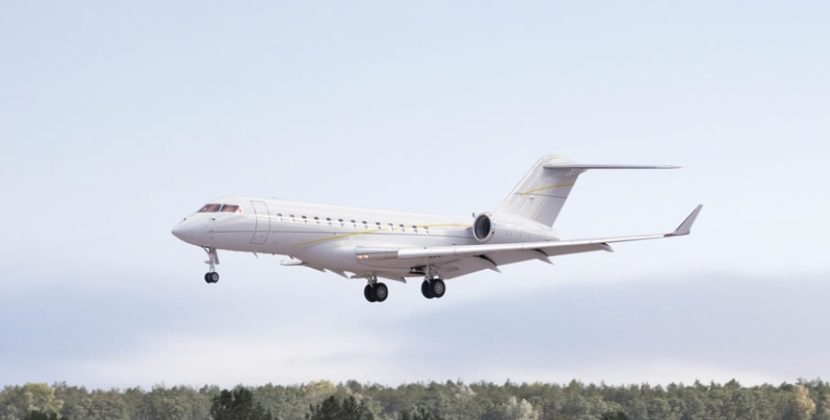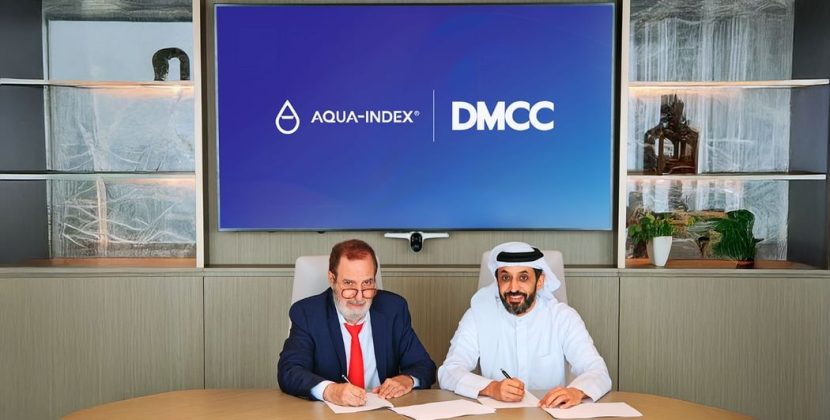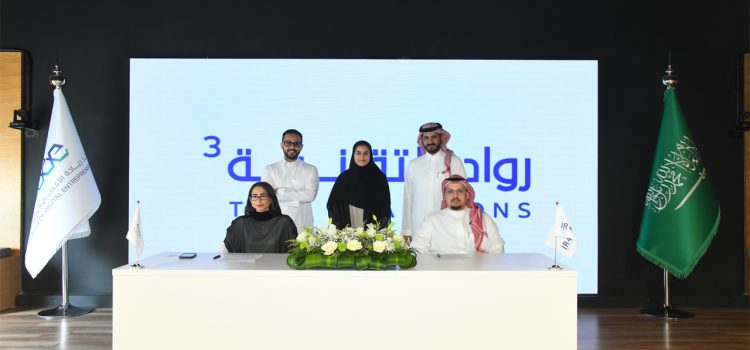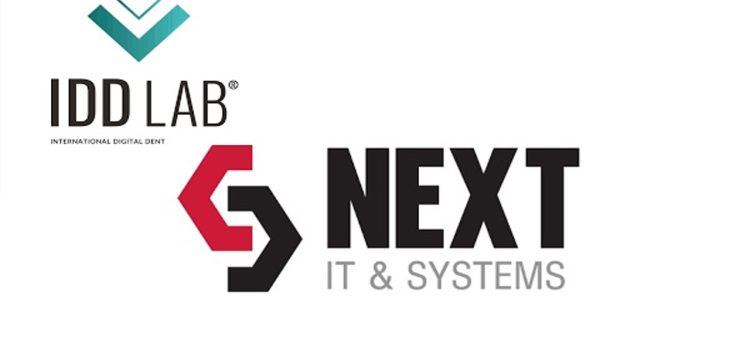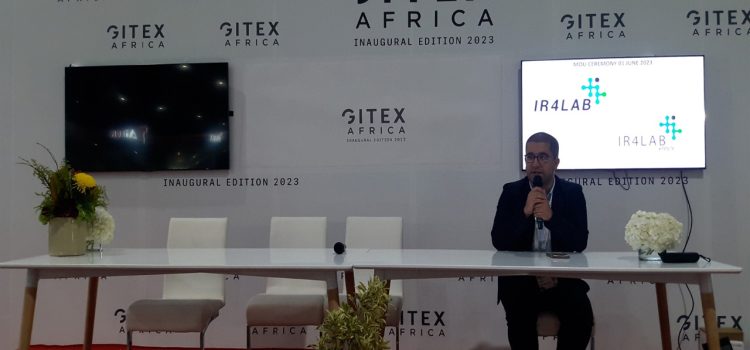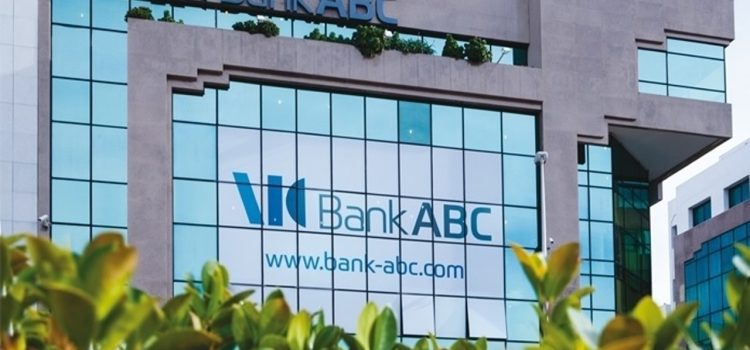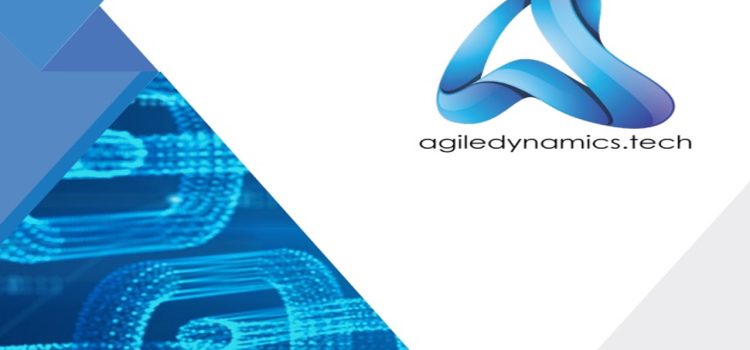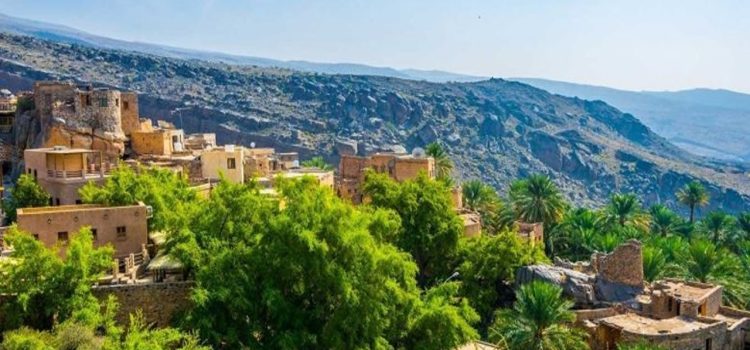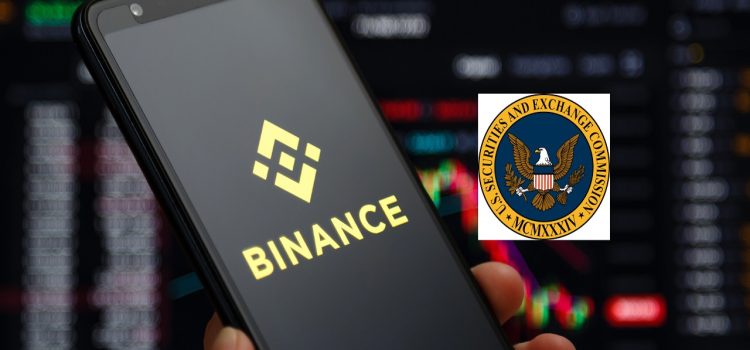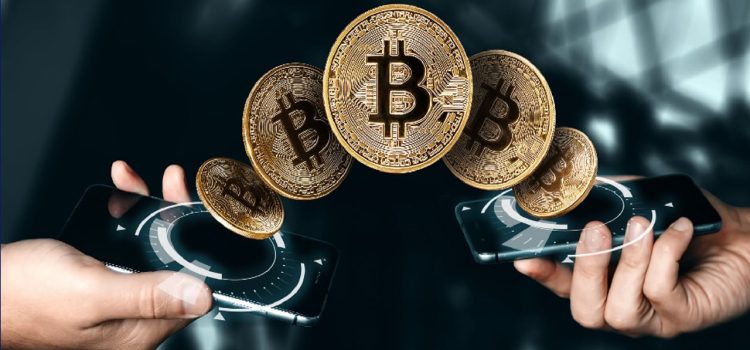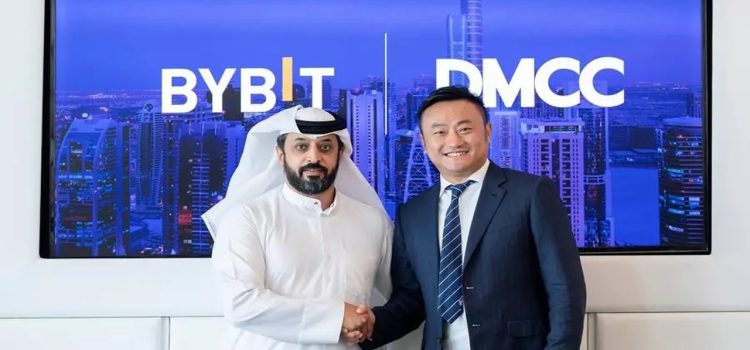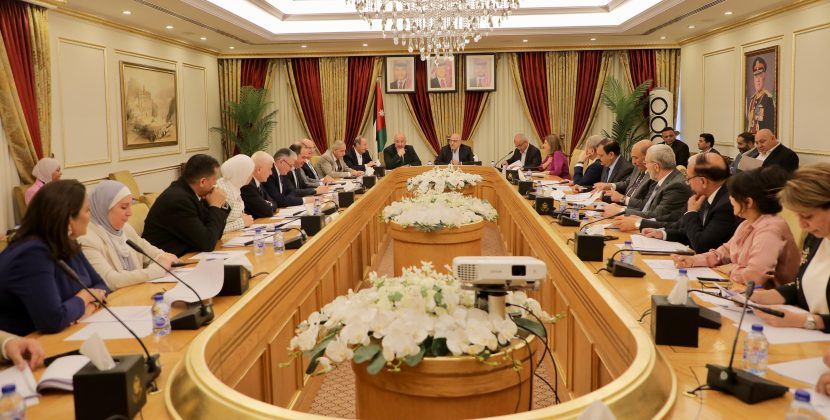
The Blockchain Research Institute – Middle East (BRI-ME), the exclusive partner of The Blockchain Research Institute, an independent, global think tank, dedicated to exploring and sharing knowledge about the strategic implications of blockchain on business, government, and society co-founded by Dr Don and Alex Tapscott, has signed a partnership agreement with KSA based IR4LAB, a Saudi-based company specialized in disruptive technologies such as Blockchain and Artificial Intelligence, to develop and spread the blockchain adoption in Saudi Arabia and the MENA region.
The signing ceremony was held under the auspices of the Saudi Arabia’s Ministry of Communication and IT (MCIT) in Center of Digital Entrepreneurship (CODE) Riyadh headquarters. In attendance live from Canada was Dr Don Tapscott, well renowned global blockchain author and expert, and founder of BRI.
Key representatives from several Saudi governmental and private entities were present including MCIT, Communications space & Technology Commission, Saudi Aramco Entrepreneurship, Plug and Play as well as the Canadian embassy.
Both BRI-ME and IR4LAB will work together to collaborate in the area of blockchain technology research, consulting and development of solutions, use cases, as well as cooperate to organize blockchain events, training programs and workshops in the Kingdom and the MENA Region.
Majd AL AFIFI Co-Founder and CEO of IR4LAB, stated,”We are very proud of this partnership; it will bring much needed collaboration and cement Saudi Arabia’s position in Blockchain technology.”
Mohamed EL KANDRI Co-Founder and CTO of IR4LAB added, “Partnering with the largest Blockchain Think tank in the world is a landmark development for Blockchain adoption in the region, and we are happy to lead the way alongside likeminded partners”
Aline Daoud, Managing Partner and Founder at the Blockchain Research ME, said, “We are proud to join forces with IR4LAB who have been revolutionizing the Blockchain adoption in the Kingdom and the region. Together we will be fostering, growing, and supporting the interest in the blockchain technology in the country as we offer our joint trainings, research, events and consultancies. “
BRI-ME and IR4Lab took the opportunity to announce about the first upcoming event in Riyadh which will take place on the 19th of October 2023, The Web3 Summit: Blockchain and Beyond, will be a private event covering Blockchain for Oil & Gas, Banking & Finance, Supply chain & logistics, Smart Cities and Women in Web3. Dr Don Tapscott will be flying in all the way from Canada to address the audience with a 45-min keynote speech for the first time in Saudi Arabia. (More on the event can be found: https://web3summit-ksa.com/)
This comes after IR4LAB announced its expansion into Africa.

